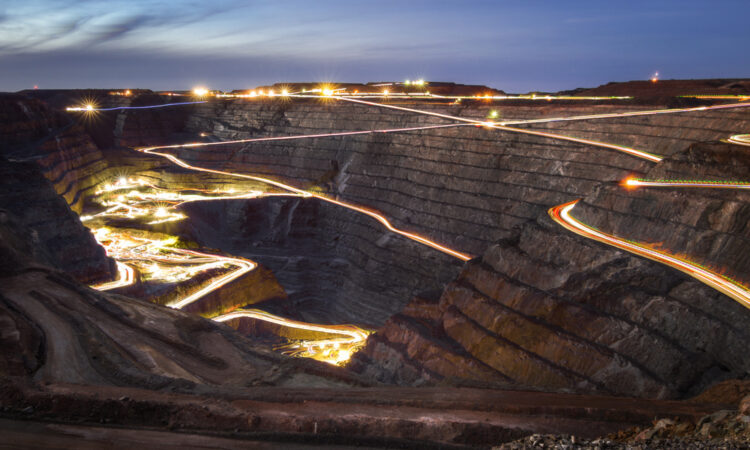
Nations like Japan and the United Kingdom are looking to shore up the demand for critical minerals. They are pouring investments into countries like Africa, which can help on the supply end of the equation.
The shift to alternative energy sources continues to ramp up. Japan and China are working in unison to ensure that demand is met for this crucial pivot. Africa, in particular, has ample supply of critical minerals like cobalt, copper, and nickel.
“Japan and the U.K. are set to make joint investments in critical minerals in such places as Africa and set up a framework for discussing economic security at the ministerial level, with supply chains on the agenda,” a Nikkei Asia report noted, adding that the aim for both countries is “to cooperate in developing mines — which generally requires dealing with high costs and risks — and to stabilize the supply of the minerals.”
The rise of solar and wind power are at the forefront of this alternative energy demand. Additionally, more electric vehicles (EVs) will create increased demand for critical minerals required for manufacturing.
“The move comes with the development of cobalt and nickel mines crucial to such environmentally friendly technologies as electric vehicles and wind power in mind,” the report also said. It noted that Japan is reliant on countries like China for critical minerals. The partnership with the U.K. will help identify “mining sites and set up refining facilities in such mineral-rich areas as Africa to diversify their supply sources.”
Capitalize on Critical Minerals Mining
As more countries make strategic partnerships to mine for critical minerals, exchange traded fund (ETF) investors may want to consider the Sprott Energy Transition Materials ETF (SETM). SETM seeks to provide results that correspond to the total return performance of the Nasdaq Sprott Energy Transition Materials Index. That index essentially tracks the performance of a selection of global securities in the energy transition materials industry.
The demand for overall critical minerals is projected to rise. With it, the demand for miners who materially affect the global supply will also increase. Given this, SETM provides investors access to the miners who produce uranium, lithium, copper, nickel, silver, manganese, cobalt, graphite, and rare earth elements.
“Under the framework, Japan and the U.K. would search for mining sites and set up refining facilities in such mineral-rich areas as Africa to diversify their supply sources,” Nikkei Asia noted, adding to the appeal of investment opportunities like SETM, which can capture this growth in critical minerals mining.
For more news, information, and analysis, visit the Gold/Silver/Critical Materials Channel.






